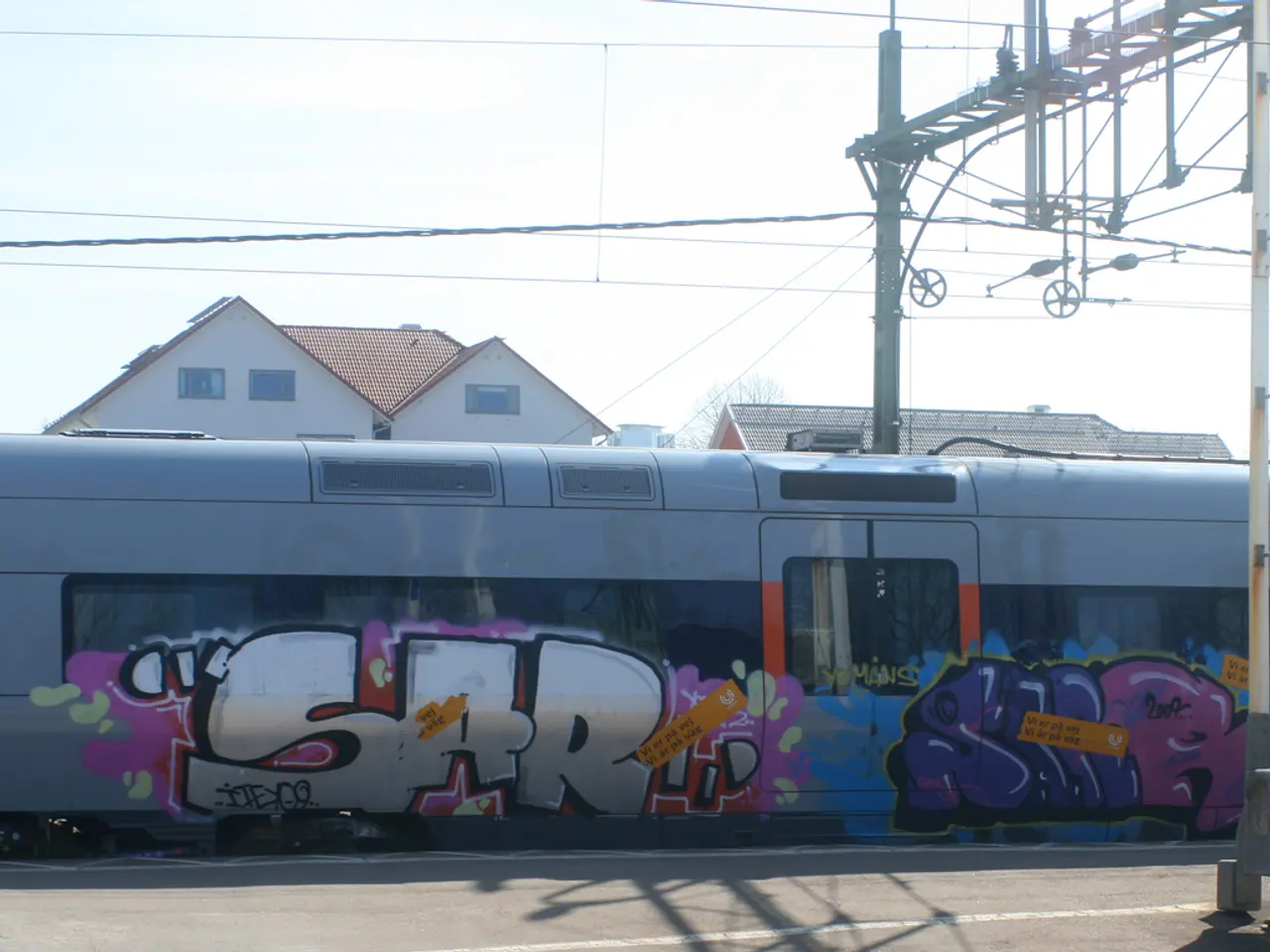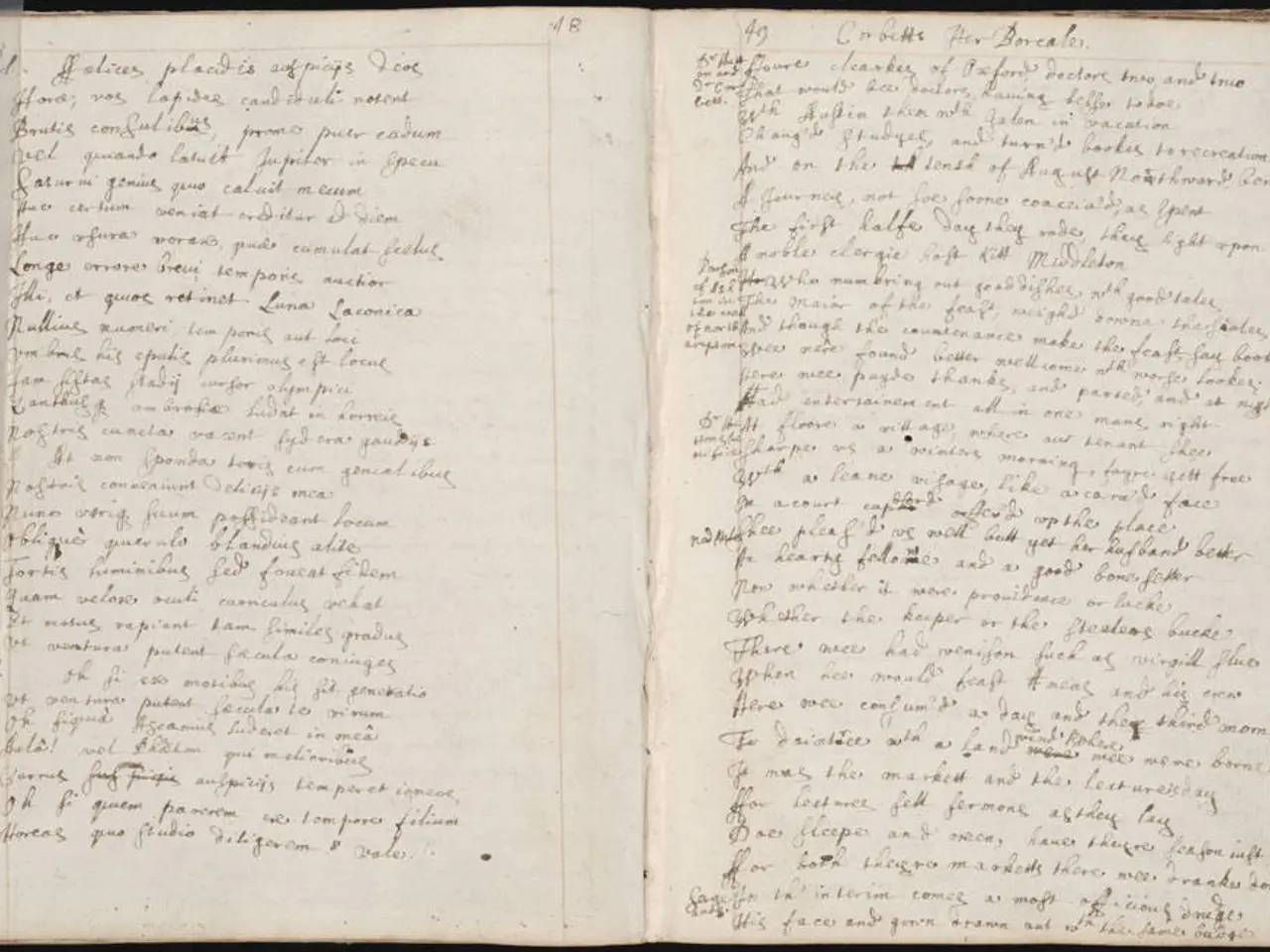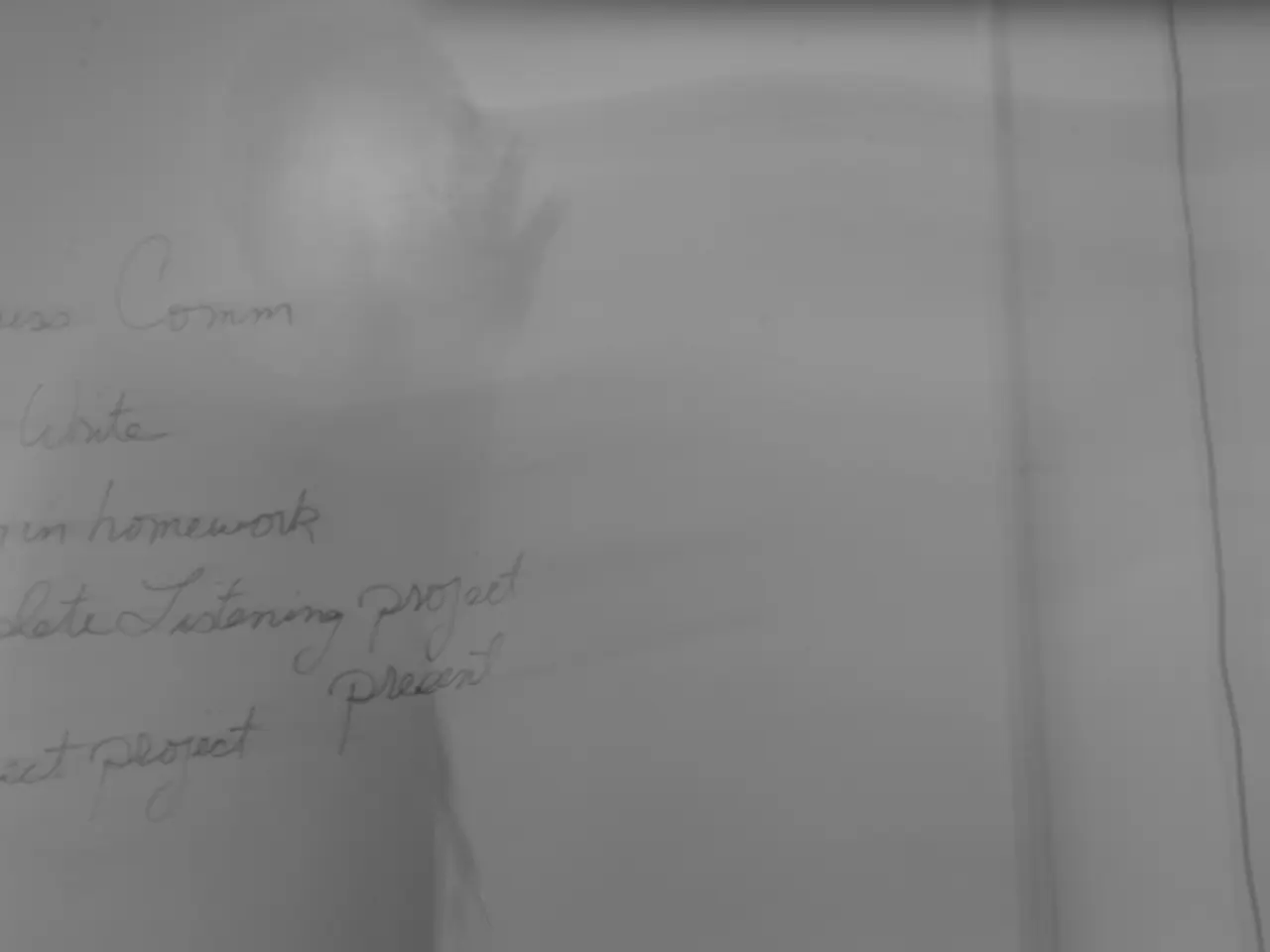Building process initiated for Suedlink power line in Bavaria
In a move aimed at accelerating grid upgrades and ensuring security of supply, the German government has announced a strategic shift in power line construction, favoring overhead lines over underground cables. This decision comes amidst ongoing challenges with the power grid renewal process.
The announcement was made by Katherina Reiche, the Economy and Energy Minister, who emphasized the need for practical approaches to balance rapid expansion of energy infrastructure with renewables integration and supply security.
One of the projects affected by this policy change is the South Link power line, currently under construction in Bavaria. The power line, designed to transport wind power from the North Sea to southern Germany's metropolitan areas, has been a subject of controversy due to its underground cable design.
Critics argue that the effort to lay underground cables for the South Link power line is too great, with Reiche mentioning a "fourfold, four and a halffold" increase in the project's cost. This significant additional expense would be borne by all electricity network users.
The black-red federal government, in its coalition agreement, has stated that high-voltage direct current transmission networks should be implemented as overhead lines where possible. However, Bavaria has insisted on laying the South Link lines underground for decades to avoid protests.
Despite these protests, Reiche has expressed a preference for overhead lines for future power lines, including the South Link project. She attended the groundbreaking ceremony alongside Bavarian Minister-President Markus Söder, signalling a potential compromise.
Federal Research Minister Dorothee Bär, a member of the Bundestag from the district of Bad Kissingen, has emphasized the importance of involving affected communities in future power line projects. This could potentially address the concerns raised by the protests against the South Link power line construction.
The shift towards overhead lines reflects a broader goal of integrating renewables effectively into Germany’s power system while maintaining reliability. This transition aligns with Reiche's pragmatic stance, which also extends to the use of gas-fired power plants as bridges to renewables while hydrogen production scales up.
This policy change is a response to the complex, lengthy process for approving and constructing new power lines, which leads to significant delays. Only a fraction of planned projects have been completed to date, and full implementation may take many more years. Overhead lines, compared to underground cabling, are generally faster and less costly to install and maintain, facilitating quicker grid expansion necessary to meet Germany’s renewable energy goals and ensure a stable supply.
Although the search results do not explicitly state Reiche's announcement regarding this exact policy shift, the reasoning aligns with the context provided about grid expansion hurdles and government priorities.
- The German government's strategic shift in power line construction, as announced by Katherina Reiche, is focused on accelerating grid upgrades, favoring overhead lines over underground cables.
- One of the projects affected by this policy change is the South Link power line, which has been a subject of controversy due to its underground cable design, and critics argue that the effort to lay underground cables is too costly.
- Reiche has expressed a preference for overhead lines for future power lines, including the South Link project, which could potentially address the concerns raised by the protests, as highlighted by Federal Research Minister Dorothee Bär.
- This policy change aligns with Reiche's pragmatic stance, which also includes the use of gas-fired power plants as bridges to renewables, while hydrogen production scales up, and its aim is to integrate renewables effectively into Germany’s power system while maintaining reliability.




